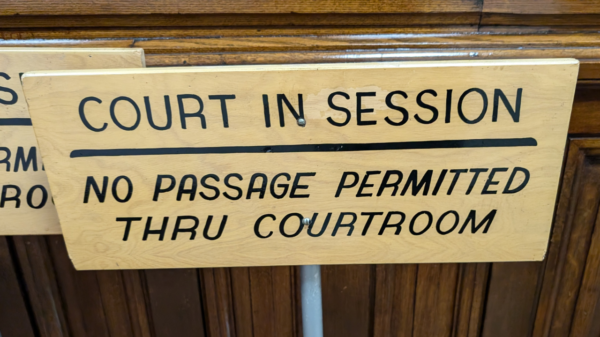State Reps. La’Tasha D. Mayes and Joanna E. McClinton have just introduced an anti-discrimination legislation known as the CROWN Act to the Pennsylvania House of Representatives.
This law, standing for ‘Creating a Respectful and Open World for Natural Hair’, aims to prohibit alleged discrimination based on a person’s hair type, texture, or hairstyle. The bill has been referred to the House Committee on State Government.
The proposed legislation follows the legislative precedent set by 22 other states and the cities of Philadelphia and Pittsburgh, which have already implemented similar measures.
Mayes and McClinton argue that existing anti-discrimination laws have not sufficiently addressed this particular form of prejudice, leaving certain demographics, particularly black Americans, vulnerable to such discrimination.
The introduction of the CROWN Act comes in response to the reported incidents of bias and discrimination faced by individuals with hairstyles they say are commonly associated with black culture. These include but are not limited to dreads, locs, braids, twists, coils, Bantu knots, cornrows, afros, and extensions.
The co-sponsorship memo written by the representatives points out that such hairstyles have historically been met with resistance in various societal, professional, and educational settings.
“Far too often, people of color are subjected to these incidents of discrimination,” stated the memo, pointing out the plight faced by individuals who don’t conform to society’s conventional norms regarding ‘acceptable’ or ‘professional’ hairstyles.
Representatives Mayes and McClinton have called on their fellow lawmakers to join them in this initiative, emphasizing the crucial need to address and eliminate all forms of discrimination. The representatives urge their colleagues to stand against the subtle and overt forms of discrimination that can occur when individuals are singled out for having hairstyles outside of the societal ‘norm’.
While the legislation has seen its formal introduction, its future will now be decided by the House Committee on State Government.
Subscribe to Coal Region Canary
Get email updates from Coal Region Canary by becoming a subscriber today. Just enter your email address below to get started!Support Coal Region Canary
Like our reporting and want to support truly local news in Schuylkill County? Your small donations help. For as little as $5, your contribution will allow us to cover more news that directly affects you. Consider donating today by hitting the big yellow button below ...
































